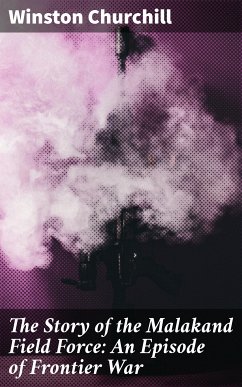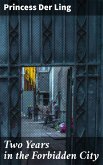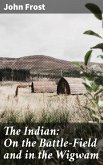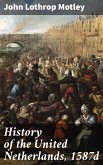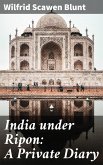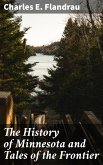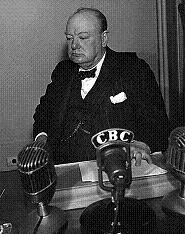In "The Story of the Malakand Field Force: An Episode of Frontier War," Winston Churchill intricately narrates the British military campaign against tribal insurgents in the North-West Frontier of India during the late 19th century. Written in a vivid and evocative prose style that blends personal observation with historical analysis, Churchill's account serves not only as a tactical recounting of military action but also as a poignant exploration of the cultural dynamics between the British forces and the Pashtun tribes. The literary context is steeped in the Victorian ethos of imperialism, reflecting both the valor and the moral ambiguities inherent in colonial wars, evoking the complexities of an empire grappling with its own identity and ethical stance in far-off lands. Winston Churchill, a prominent statesman, historian, and future Prime Minister of the United Kingdom, wrote this account after serving as an army officer in the Malakand campaign in 1897. His experiences on the front lines of this conflict not only shaped his views on warfare and strategy but also enriched his understanding of the geopolitical issues of British colonialism. Churchill's formative early career drew from these profound experiences, informing his later works on leadership and military ethics. This book is a compelling read for scholars, historians, and general readers alike, offering an invaluable perspective on colonial warfare and its implications. Churchill'Äôs adept storytelling and keen insights make this work essential for anyone interested in military history, colonial studies, or Churchill's evolution as a leader and writer. The text allows readers to connect with the complexities of a bygone era, providing a nuanced understanding of the interplay between power and culture in the arena of war.
Dieser Download kann aus rechtlichen Gründen nur mit Rechnungsadresse in A, B, BG, CY, CZ, D, DK, EW, E, FIN, F, GR, H, IRL, I, LT, L, LR, M, NL, PL, P, R, S, SLO, SK ausgeliefert werden.

